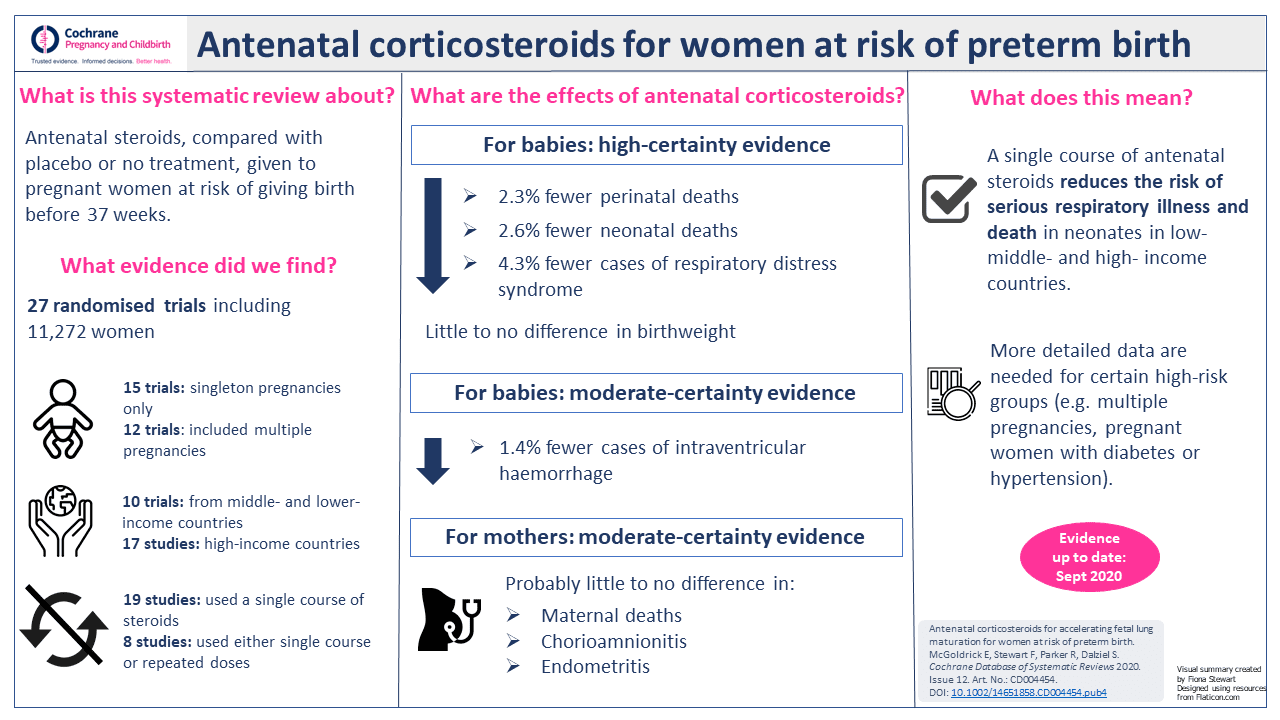
Prednisone Pregnancy: A Comprehensive Guide
Introduction
Prednisone is a synthetic corticosteroid medication commonly used to treat a wide range of inflammatory and autoimmune conditions. It is a potent anti-inflammatory agent that suppresses the immune system and reduces inflammation. Prednisone is often prescribed during pregnancy to manage conditions such as asthma, lupus, and rheumatoid arthritis. However, its use during pregnancy raises concerns about potential risks to the developing fetus. This article provides a comprehensive guide to prednisone pregnancy, including its indications, safety, potential risks, and management strategies.
Indications for Prednisone Use in Pregnancy
Prednisone is indicated for the treatment of various medical conditions during pregnancy, including:
- Asthma: Prednisone can effectively control asthma symptoms and prevent exacerbations during pregnancy.
- Lupus: Prednisone is used to suppress the immune system and reduce inflammation in lupus, a chronic autoimmune disease that can affect multiple organs.
- Rheumatoid arthritis: Prednisone can alleviate joint pain and inflammation in rheumatoid arthritis, an autoimmune disorder that affects the joints.
- Other conditions: Prednisone may also be used to treat other conditions during pregnancy, such as inflammatory bowel disease, skin disorders, and allergic reactions.
Safety of Prednisone in Pregnancy
The safety of prednisone during pregnancy has been extensively studied. Studies have shown that when used at appropriate doses and for short periods, prednisone does not appear to increase the risk of major birth defects. However, long-term use of high doses of prednisone during pregnancy has been associated with an increased risk of certain adverse outcomes, including:
- Intrauterine growth restriction (IUGR): Prednisone can cross the placenta and affect fetal growth. Prolonged use of high doses may lead to IUGR, a condition where the fetus is smaller than expected for its gestational age.
- Premature birth: Prednisone may increase the risk of premature birth, especially when used in high doses or near the end of pregnancy.
- Cleft lip and palate: Studies have suggested a possible association between prednisone use during the first trimester and an increased risk of cleft lip and palate.
- Other potential risks: Prednisone may also be associated with other potential risks during pregnancy, such as increased risk of infection, fluid retention, and gestational diabetes.
Management of Prednisone Use in Pregnancy
To minimize the potential risks associated with prednisone use during pregnancy, it is essential to follow these management strategies:
- Lowest effective dose: Prednisone should be used at the lowest effective dose possible to control the underlying condition.
- Short-term use: Prednisone should be used for the shortest possible duration to reduce the risk of adverse effects.
- Monitoring: Pregnant women taking prednisone should be closely monitored for potential side effects, such as IUGR, premature birth, and infection.
- Prenatal care: Regular prenatal care is crucial to assess fetal growth and development and to manage any potential complications.
- Alternative therapies: In some cases, alternative therapies, such as inhaled corticosteroids for asthma or non-steroidal anti-inflammatory drugs (NSAIDs) for rheumatoid arthritis, may be considered to reduce the need for prednisone during pregnancy.
Conclusion
Prednisone is a potent medication that can effectively treat various inflammatory and autoimmune conditions during pregnancy. However, its use raises concerns about potential risks to the developing fetus. By following appropriate management strategies, including using the lowest effective dose, short-term use, close monitoring, and alternative therapies when possible, the risks associated with prednisone use during pregnancy can be minimized. Pregnant women considering prednisone therapy should discuss the potential benefits and risks with their healthcare provider to make an informed decision.